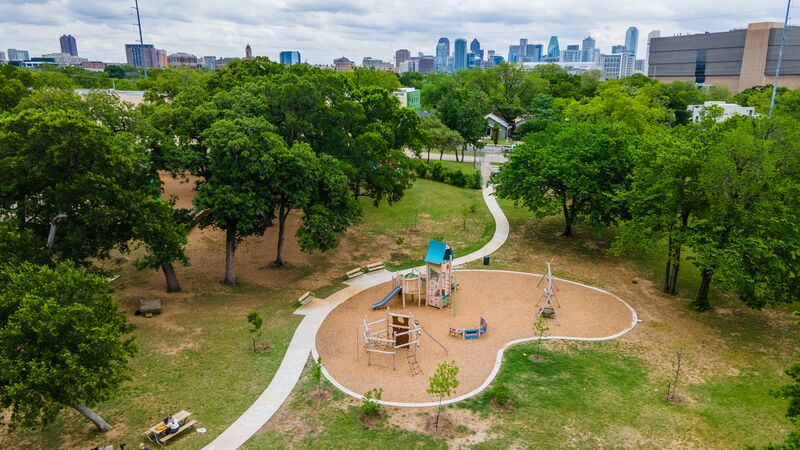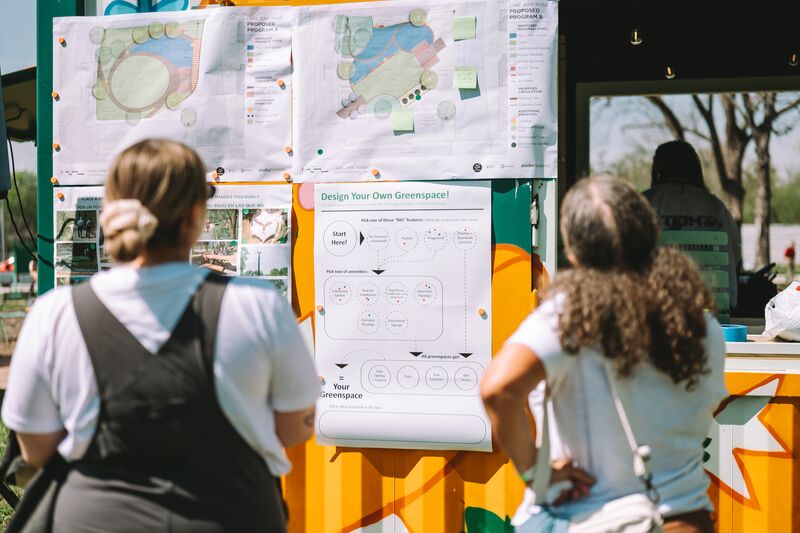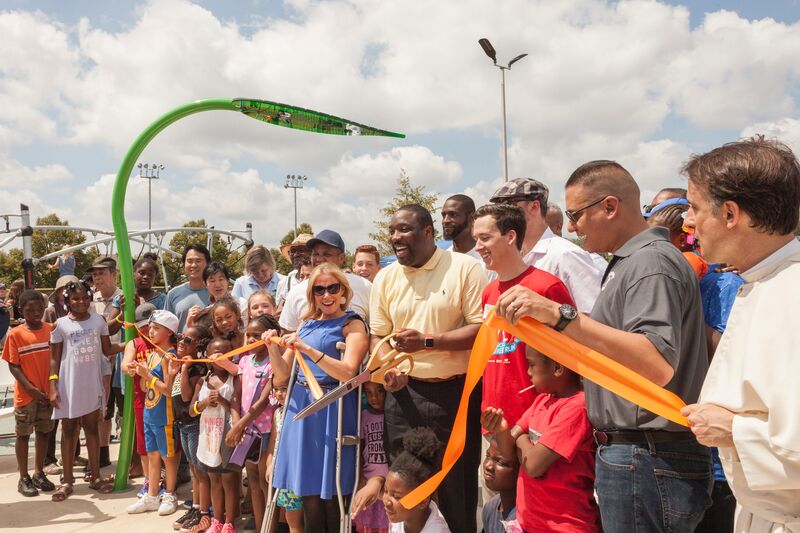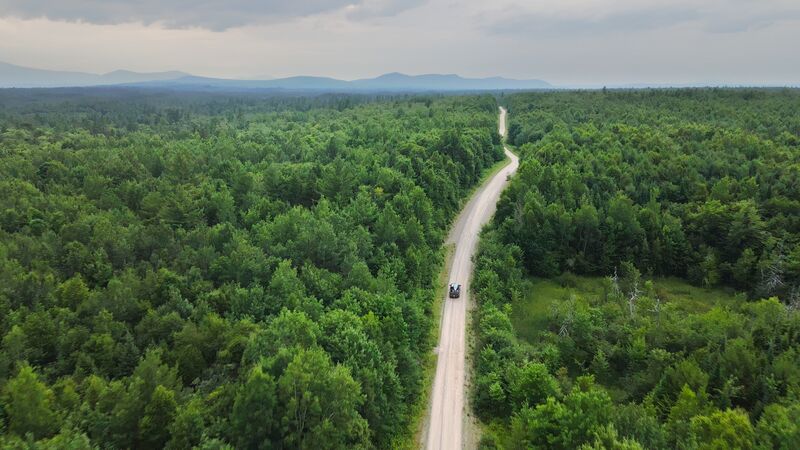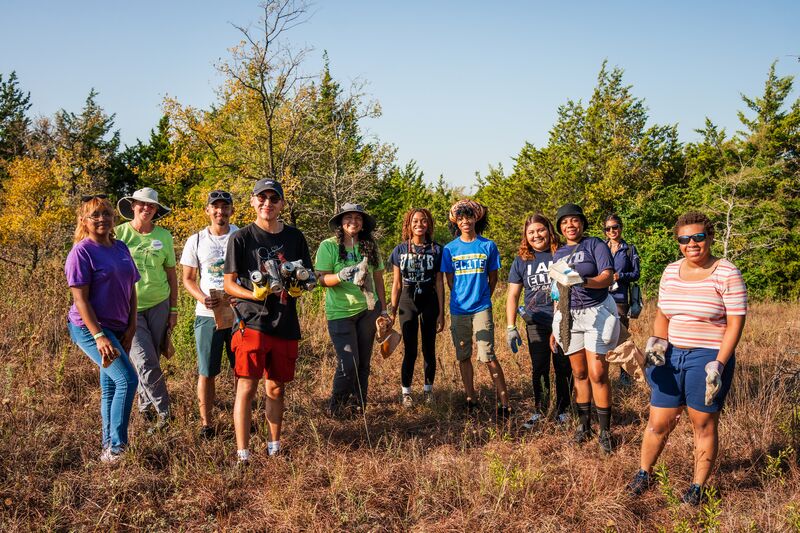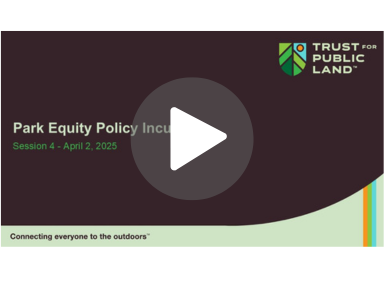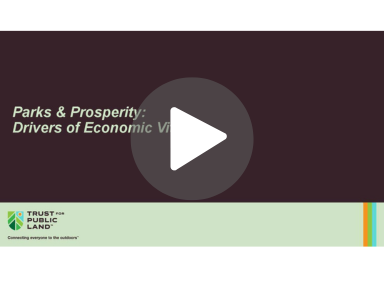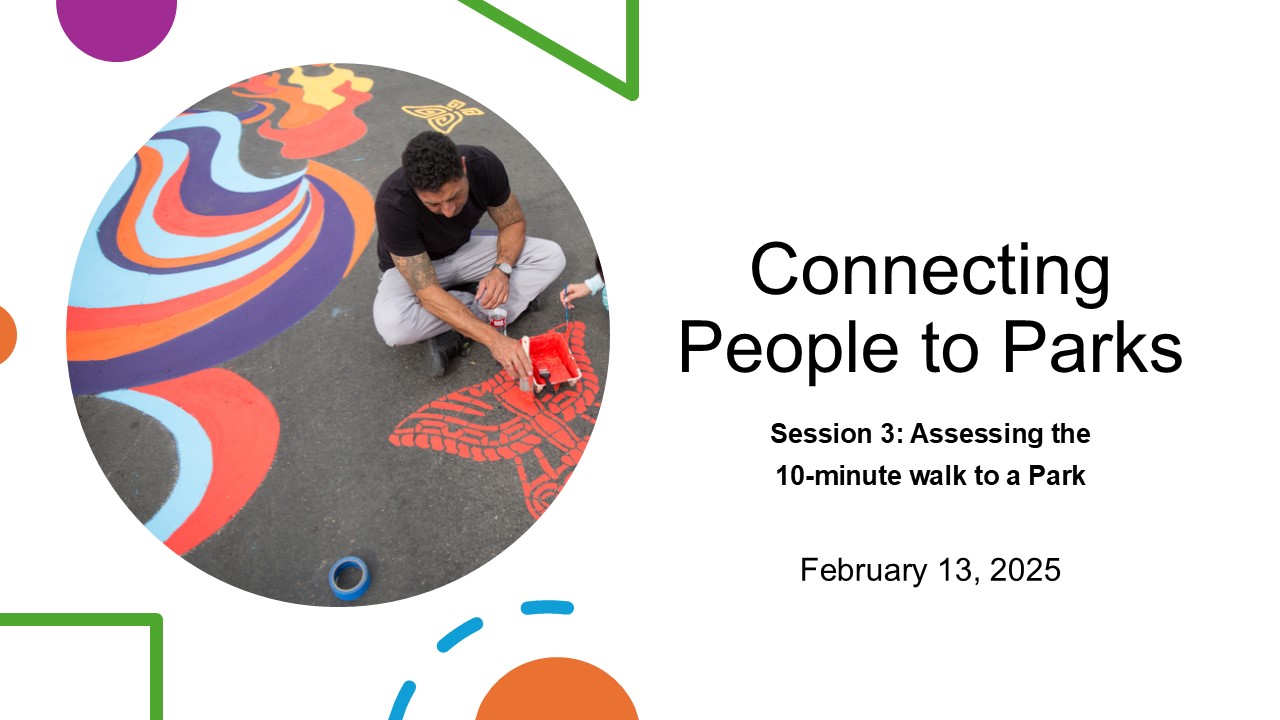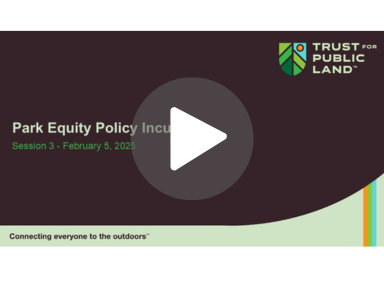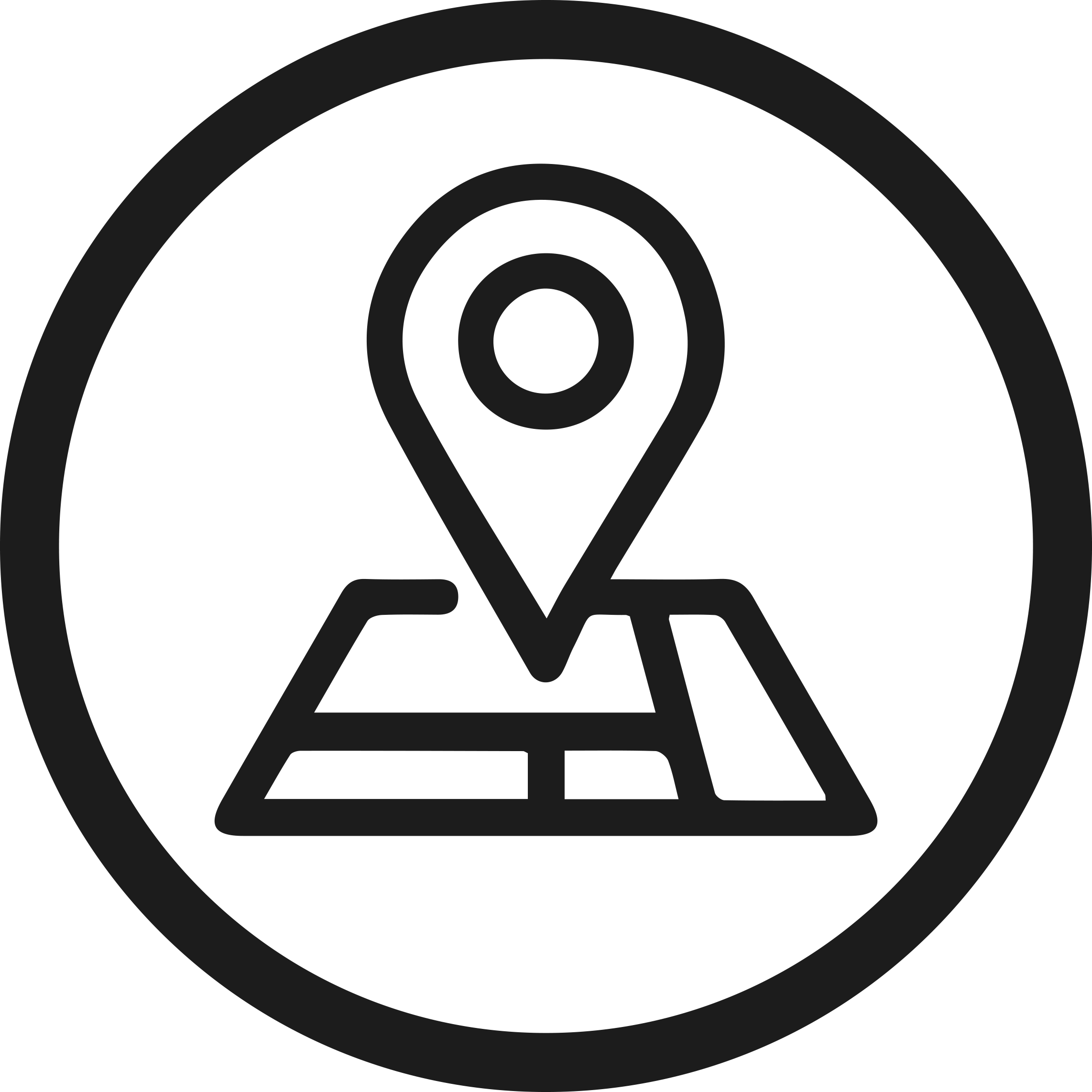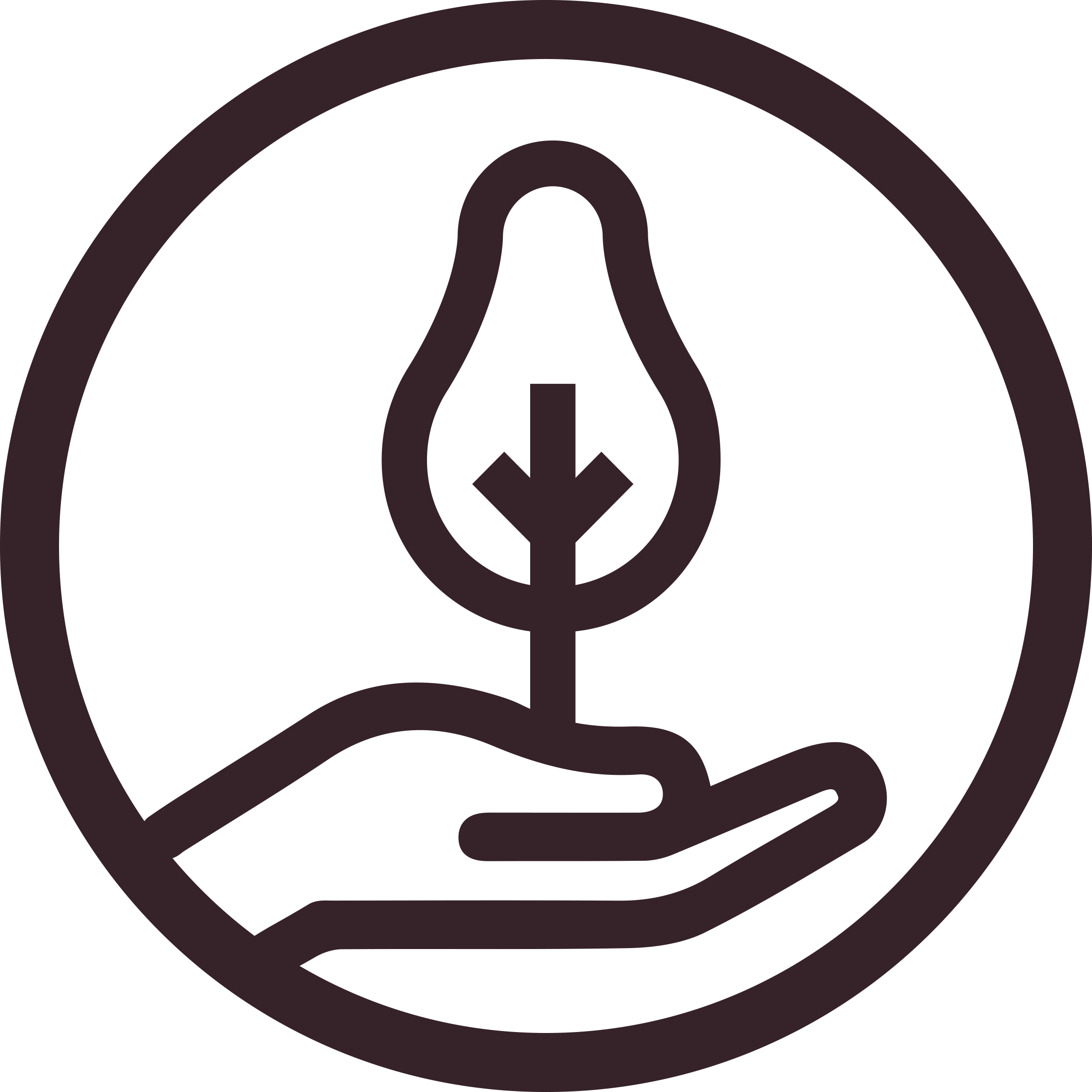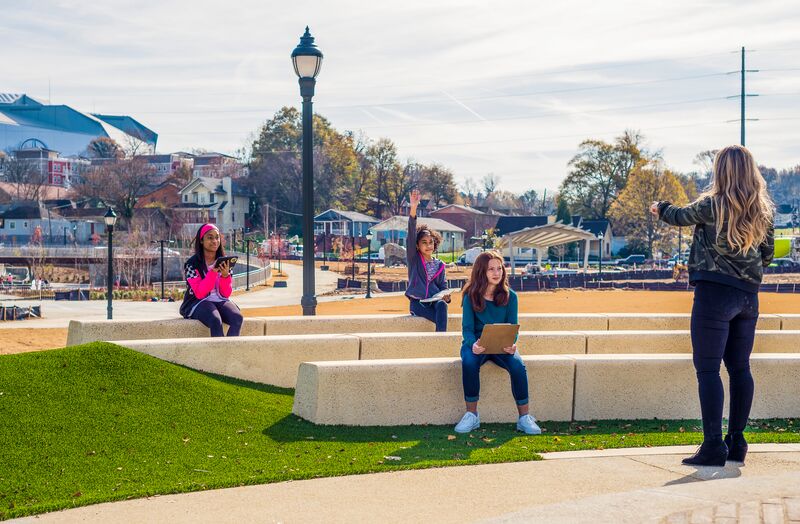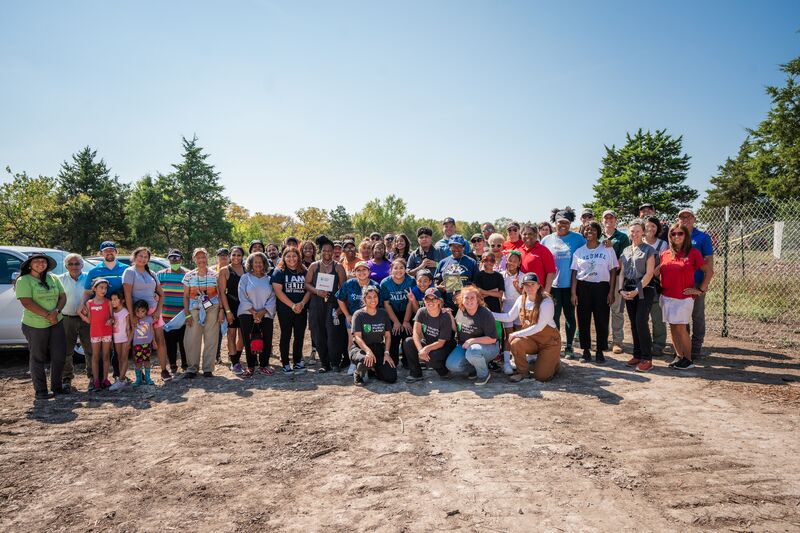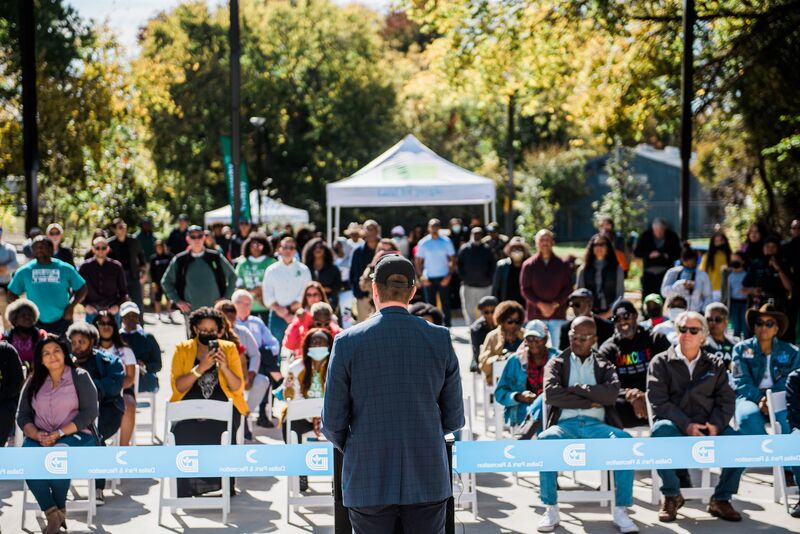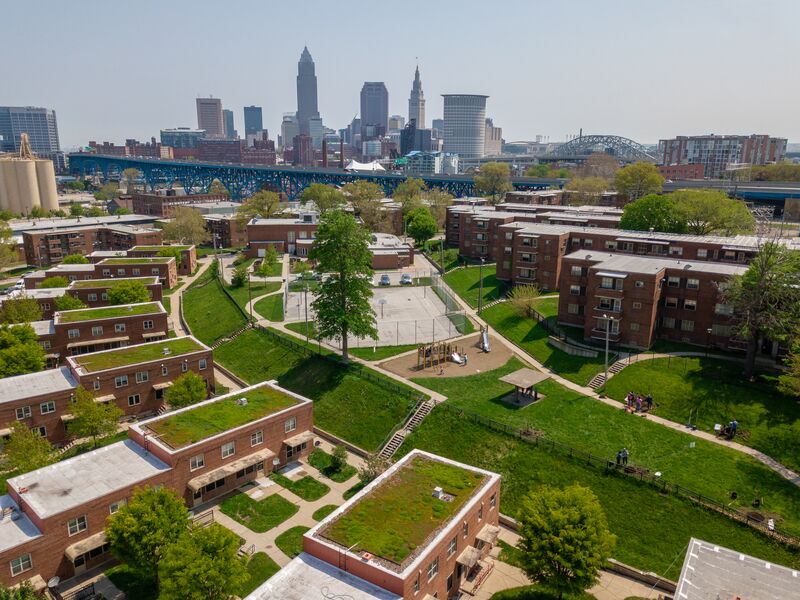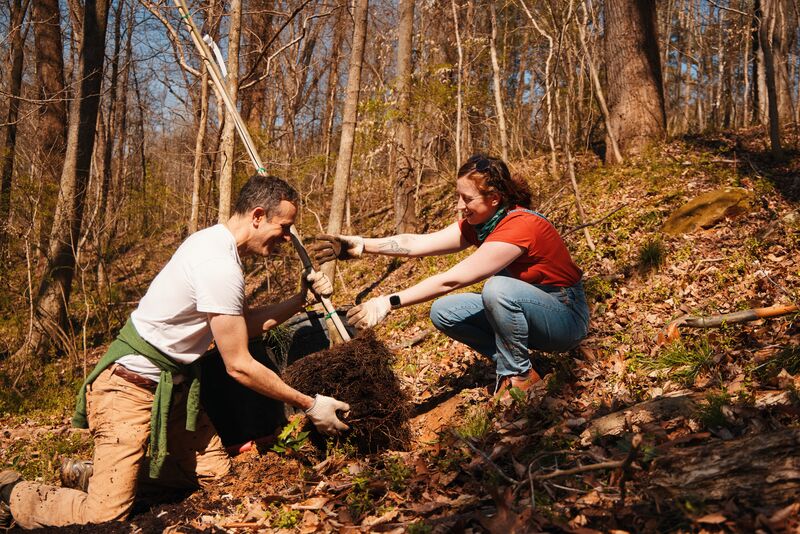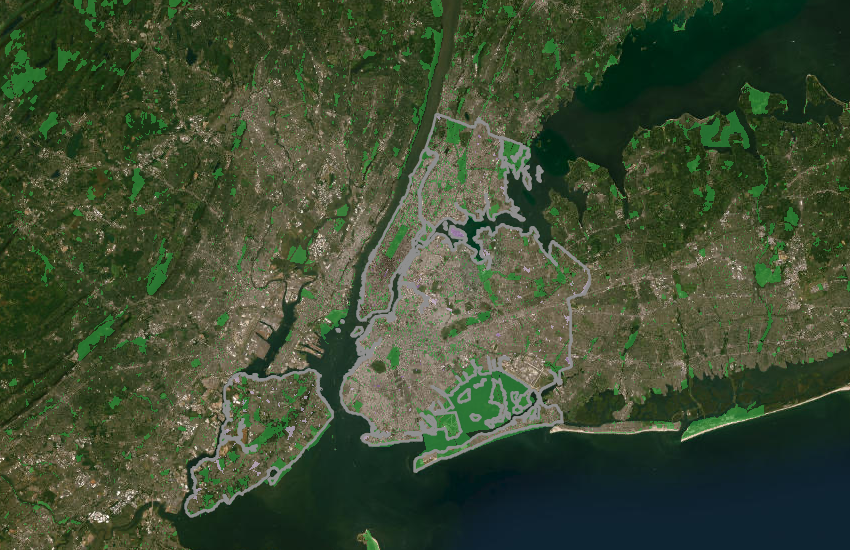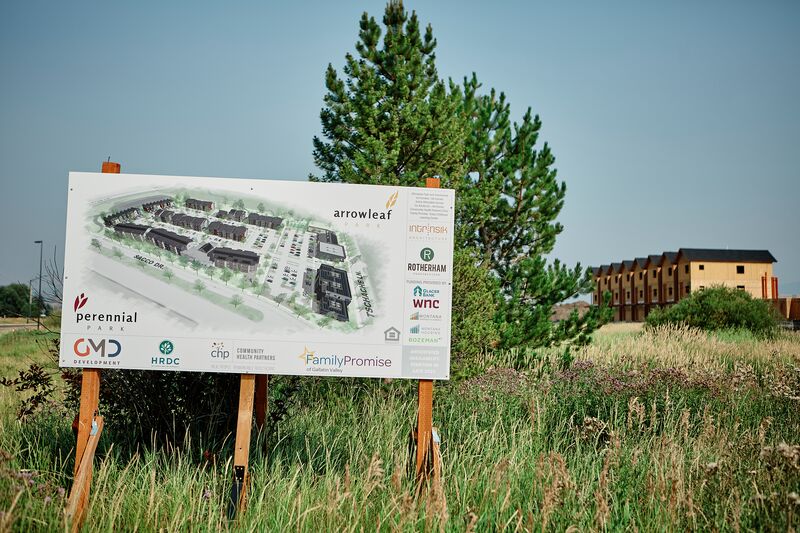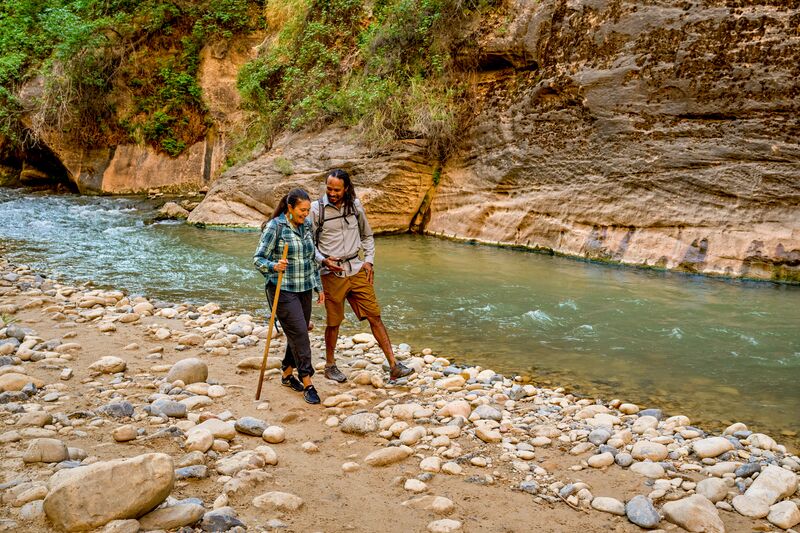Learn about park access from the perspective of enabling physical and social conditions, the integration of mobility planning, and strategies that ensure spaces are safe, inclusive, and welcoming to all.
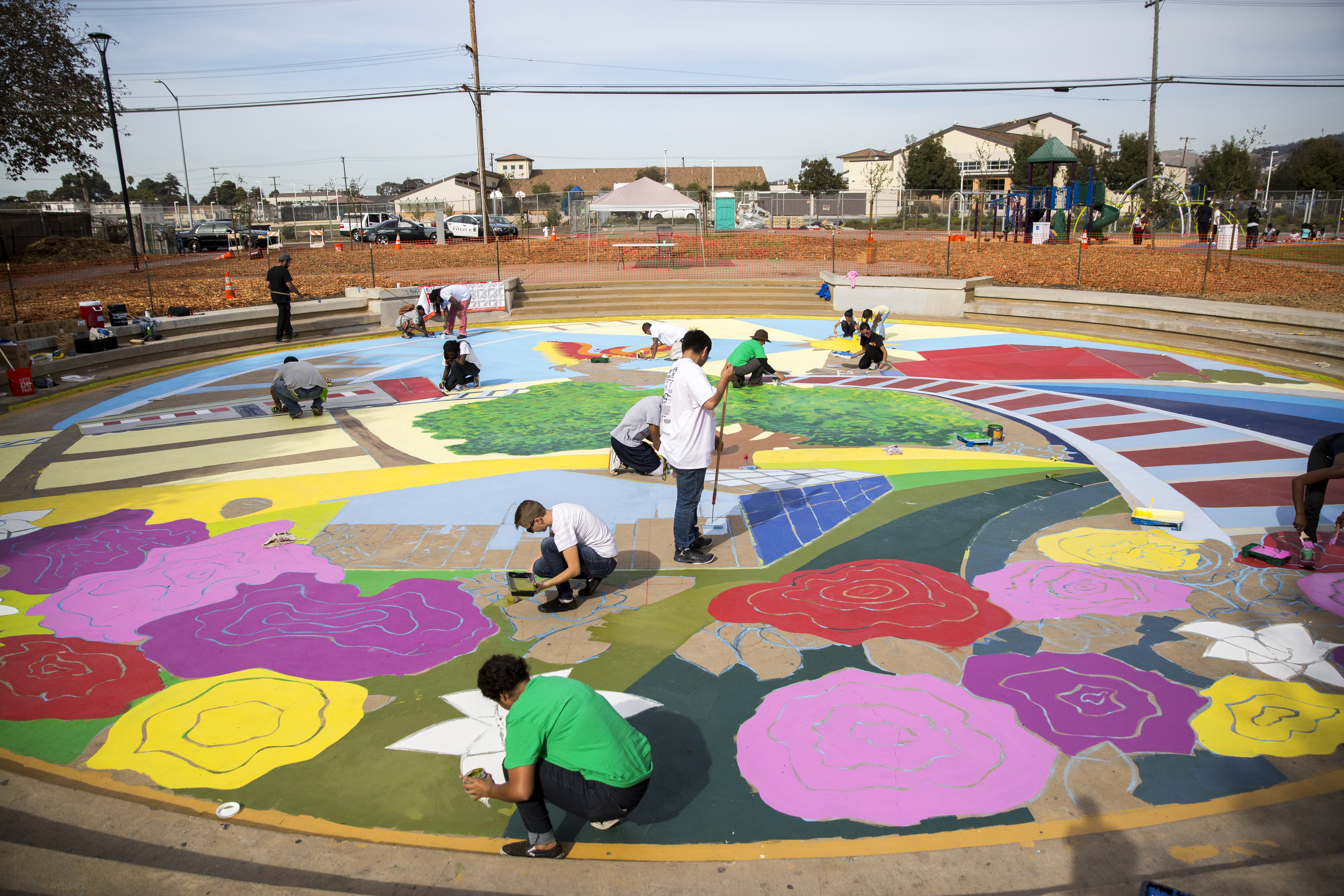
Technical Assistance
Park Equity Communities of Practice
The Park Equity Communities of Practice is a capacity building and peer learning network that brings together cities throughout the U.S. to focus on improving park equity. Over 600 city stakeholders, including city officials, planners, and parks professionals, from over 180 communities across the nation have come together to generate policy recommendations, resources, and guidance that supports changing park equity practices on the ground. Participants focus on the highest value opportunities and significant questions of the day, such as tools and metrics to evaluate park equity, inclusive community engagement strategies and policies, and leveraging the multiple benefits of parks through partnerships across sectors like private developers, climate, affordable housing, among others.
Communities of Practice Tracks 2024-2025
Park Equity Policy Incubator
Engage and collaborate with cities to workshop local policy challenges from parks needs assessment and community engagement to public finance mechanisms and land use.
Parks Plus: Economic Vitality
Explore how parks and green spaces can boost economic vitality, with a focus on how cities leverage parks to promote small businesses, workforce recruitment and development, placemaking, tourism, and strategies for inclusive and equitable growth.
Community Forests
Learn about the benefits and possibilities of community forests including best practices to support successful acquisition, governance, and stewardship.
Park Stewardship
Learn from a network of practitioners that are committed to advancing stewardship programs to support local communities.
Latest Sessions
Best Practices from Across the Country
As a venue for learning and open and honest exchange across diverse experiences and perspectives, the Park Equity Communities of Practice are a unique platform to gain insight on what challenges are most pressing, and what innovations are most promising in the eyes of parks practitioners working to serve local residents with a more accessible, high-quality, and equitable park system. These reports showcase learnings and best practices from cities across the country.
Explore Our Tracks
Check out resources from our past cohorts
Approaches to Park Equity
Survey tools, partnerships and policies that cities use to prioritize equity in their park systems.
Community Engagement for Lasting Impact
Learn about best practices for conducting meaningful, equitable community engagement that have been gathered and applied in cities across the U.S.
Community Power: Civic Engagement for a Healthy Democracy
Define the role that park organizations play in strengthening community power through civic education, trust building, investments in community capacity, and other steps towards a thriving democracy.
Developer Parks Partnership Strategies
Identify opportunities for privately developed parks and best practices for public access criteria to address park access gaps and inequities.
Parks Maintenance: Funding and Policies
Discover strategies to improve maintenance systems for parks, including policies, funding, assessments, and other approaches to capacity building.
Park Qualities Incubator: Mapping Park Experiences
Test new approaches to measuring park experience types, such as natural areas, recreational activities, and social gathering areas, as a step towards building park quality attributes for use in equity and impact analyses.
Parks Plus: Affordable Housing
Explore how planning for parks and green spaces with affordable housing development can enhance neighborhood livability, sustainability, and growth.
Reimagining Rural Land Conservation and Outdoor Recreation
Engage policies and strategies for land conservation that support recreational development, community power, economic growth, and improve ecological health.


